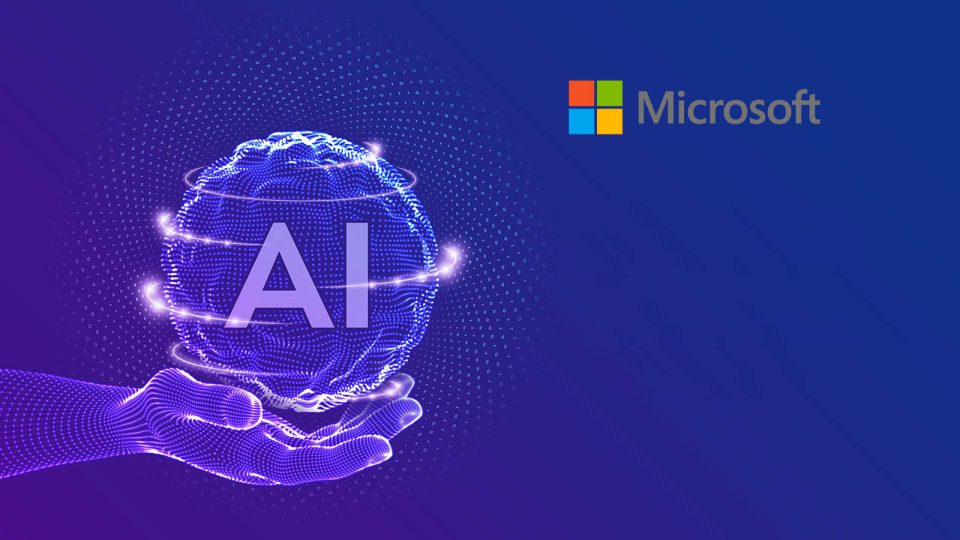Providence leverages Microsoft Cloud for Healthcare as a standard platform for developing and delivering AI-powered applications to improve interoperability, generate clinical and research insights, and improve care delivery, costs, and outcomes
Nuance Communications, a Microsoft Company, and Providence, a not-for-profit health system serving the Western U.S., have announced that the organizations are working to accelerate AI innovation at scale, propel in-house solutions development, advance clinical research and spur further collaborations between health systems and healthcare IT vendors.
Recommended: Top 5 Application Security Trends for CIOs in Finance and Banking
Through its long-standing collaboration with Nuance and Microsoft, Providence achieved success in migrating solutions to the cloud at scale and accelerating development and adoption of generative AI-powered applications to help improve care quality and access and reduce physicians’ administrative workloads. Providence also has widely deployed Nuance’s conversational, ambient, and generative AI solutions including the Nuance Dragon Ambient eXperience (DAX) and Dragon Medical One, and the largest implementation of the Nuance PowerScribe radiology reporting solution in the United States.
“Microsoft and Nuance’s unparalleled expertise, depth of AI applications, and scale enables us to uplevel our innovation, with each organization bringing tremendous value to the partnership,” said BJ Moore, Executive Vice President and CIO at Providence. “Our expanded collaboration enables us to rapidly scale and increase the capabilities of many of our existing solutions while creating more personalized and satisfied experiences for patients and providers alike.”
Through its continued collaboration with Nuance and Microsoft, Providence will focus on five key areas:
- Improve operational efficiency: Use Microsoft Cloud for Healthcare to simplify interoperability and improve operational efficiency and clinical decision-making with AI-generated insights from multimodal data. The Azure-based cloud platform also helps expand secure, privacy-protected data access to accelerate the development and adoption of AI solutions at scale across the industry.
- Accelerate in-house solutions development: Create and enhance purpose-built AI-powered applications such as Providence MedPearl, which assists primary care physicians with appropriate referral guidelines for greater patient access to specialized care. Additional in-house solutions include ProvidenceChat — a secure alternative to other general-purpose chatbots that enable caregivers to experiment with generative AI — as well as Grace and ProvARIA. Grace focuses on answering patient questions before they send a message to their provider, while ProvARIA classifies patient messages, reducing providers’ workloads and response times.
- Advance clinical research: Collaborate on clinical research solutions using generative AI, including clinical trial matching and participation.
- Improve physician and patient experiences: Expand deployment of solutions such as Nuance DAX Copilot. DAX Copilot automates the creation of clinical documentation during patient exams so physicians can spend more time delivering personalized care. In addition, Nuance’s Patient Support Intelligent Virtual Assistant (IVA) is being piloted at Providence’s Patient Engagement Center (PEC) to ease the way of patients using MyChart.
- Expand industry collaboration: Leverage expanded data access, complementary technologies and subject matter expertise between organizations to accelerate development of solutions that address healthcare’s priority challenges and improve patient outcomes. Providence has been piloting Copilot for Microsoft 365, providing employees with real-time intelligent assistance to enhance productivity and creativity across key Microsoft 365 apps.
Recommended: Top Cybersecurity Trends in Healthcare for CIOs in 2024
“This highly productive collaboration between Microsoft, Nuance, and Providence exemplifies how new, innovative AI applications paired with deep healthcare expertise and the scale of the Azure cloud are transforming healthcare delivery,” Robert Dahdah, CVP, Global Health and Life Sciences, Microsoft. “We are accelerating the development and adoption of AI solutions in healthcare by leveraging the security, scale, and reliability of the Microsoft Cloud for Healthcare and incorporating previously siloed data streams into state-of-the-art large language models and generative AI that can offer vital insights and recommendations to improve operational efficiency and care outcomes.”
The Nuance and Microsoft healthcare solutions are built on a foundation of trust and Microsoft’s Responsible AI principles. These innovations are making it easier for healthcare organizations to create connected experiences at every point of care, provide tools that foster collaboration, empower the healthcare workforce, and unlock the value from clinical and operational data using data standards that are important to the healthcare industry. For more information about Microsoft, visit us during HIMSS 2024 in Orlando, FL at booth #3161.
[To share your insights with us as part of editorial or sponsored content, please write to sghosh@martechseries.com]


